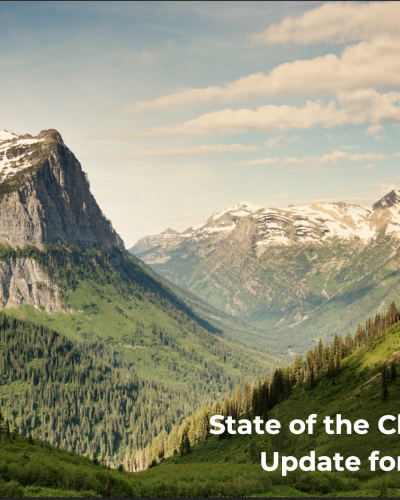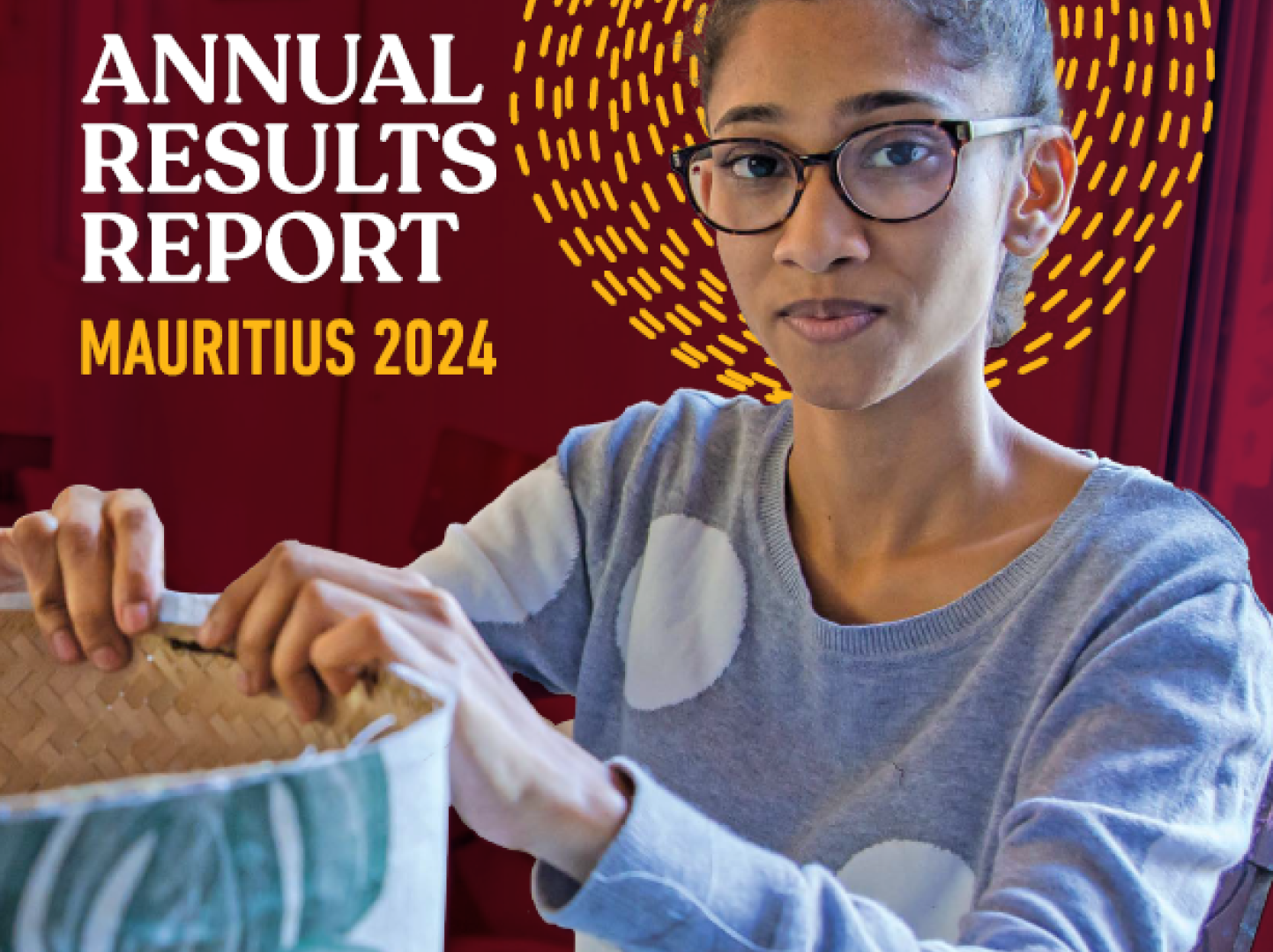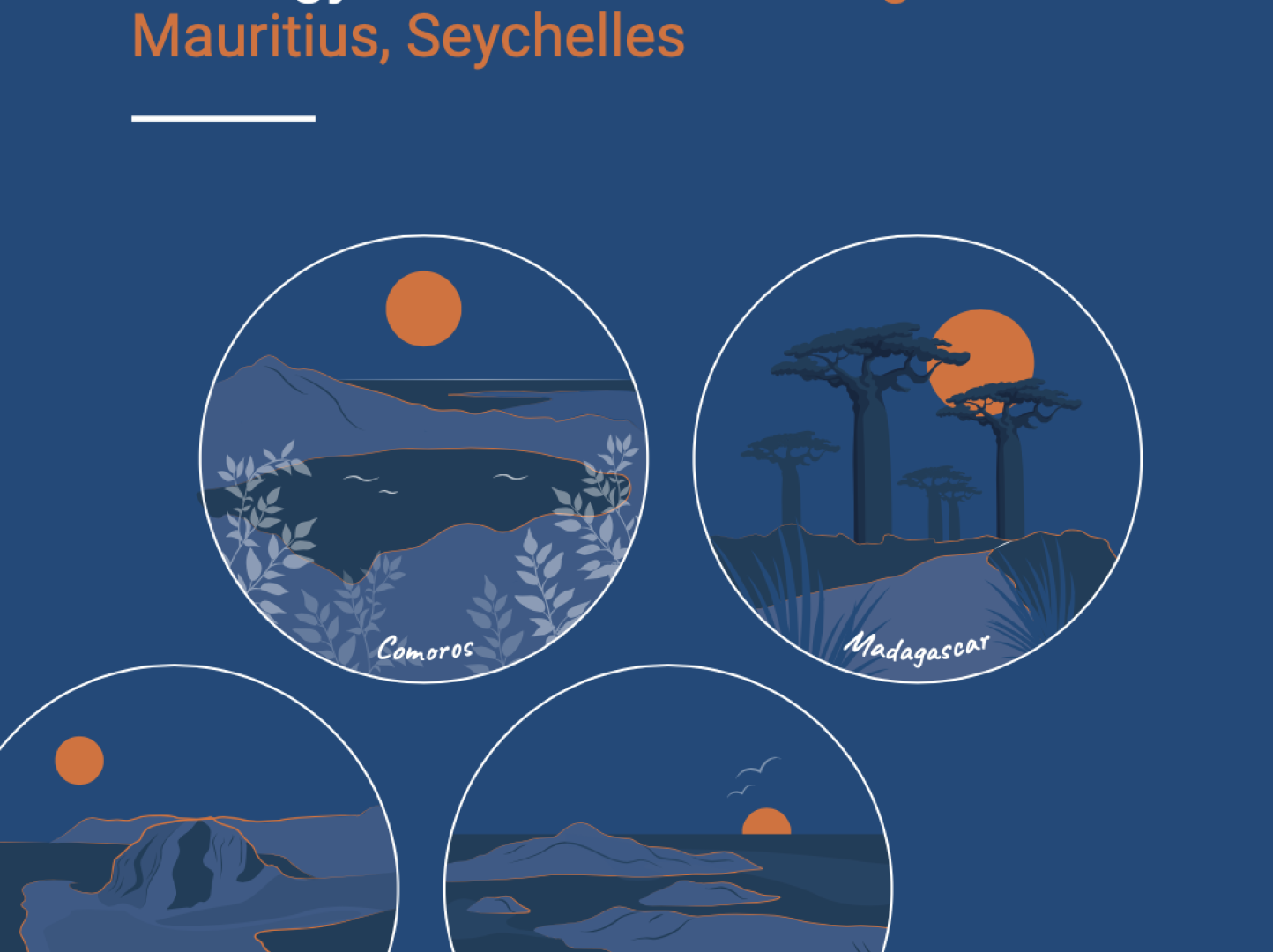State of the Climate 2024 Update for COP29

The WMO has produced a State of the Global Climate report every year since 1993 to provide an annual summary and update of key climate indicators. These reports complement the more detailed, less frequent synthesis provided by the IPCC’s Assessment Reports. Since 2016 WMO has also been reporting preliminary findings on key climate indicators to inform the UNFCCC Conference of Parties (COP) before the end of each year. In July 2024, an international workshop organized by WMO and kindly hosted by the Deutscher Wetterdienst in Germany, agreed to a more condensed format, focusing on key messages for policymakers' needs at COP. The State of the Climate Update 2024 for COP29 highlights preliminary headline climate indicators consolidating the most up-to-date datasets available at the time of writing, along with examples of extreme events and progress in climate actions.
The headlines in the State of the Climate Update 2024 give cause for great concern. Greenhouse gas concentrations continue to steadily rise, driving further long-term temperature increases, highlighting the rapid changes in our climate system in the space of a single generation. We are on track for 2024 to be the hottest year on record joining 2023 as the two hottest years on record. Ocean
heat content values continued an upward trend in 2023 and 2024, contributing to other changes in the climate system such as sea level rise and fueling intense storms. Antarctic and Arctic sea ice extent in 2024 have both been well below average.
The record-breaking rainfall and flooding, rapidly intensifying tropical cyclones, deadly heat, relentless drought and raging wildfires that we have seen in different parts of the world this year are unfortunately our new reality and a foretaste of our future.
We must continue to strive to limit warming as much as possible, recognizing that staying well below 2°C above pre-industrial levels and pursuing efforts to limit warming to 1.5°C remains critical to significantly reduce the risks and impacts of climate change. At the same time, we need to step up support for climate change adaptation through climate services and early warnings.
(Prof. Celeste Saulo)
Secretary General









